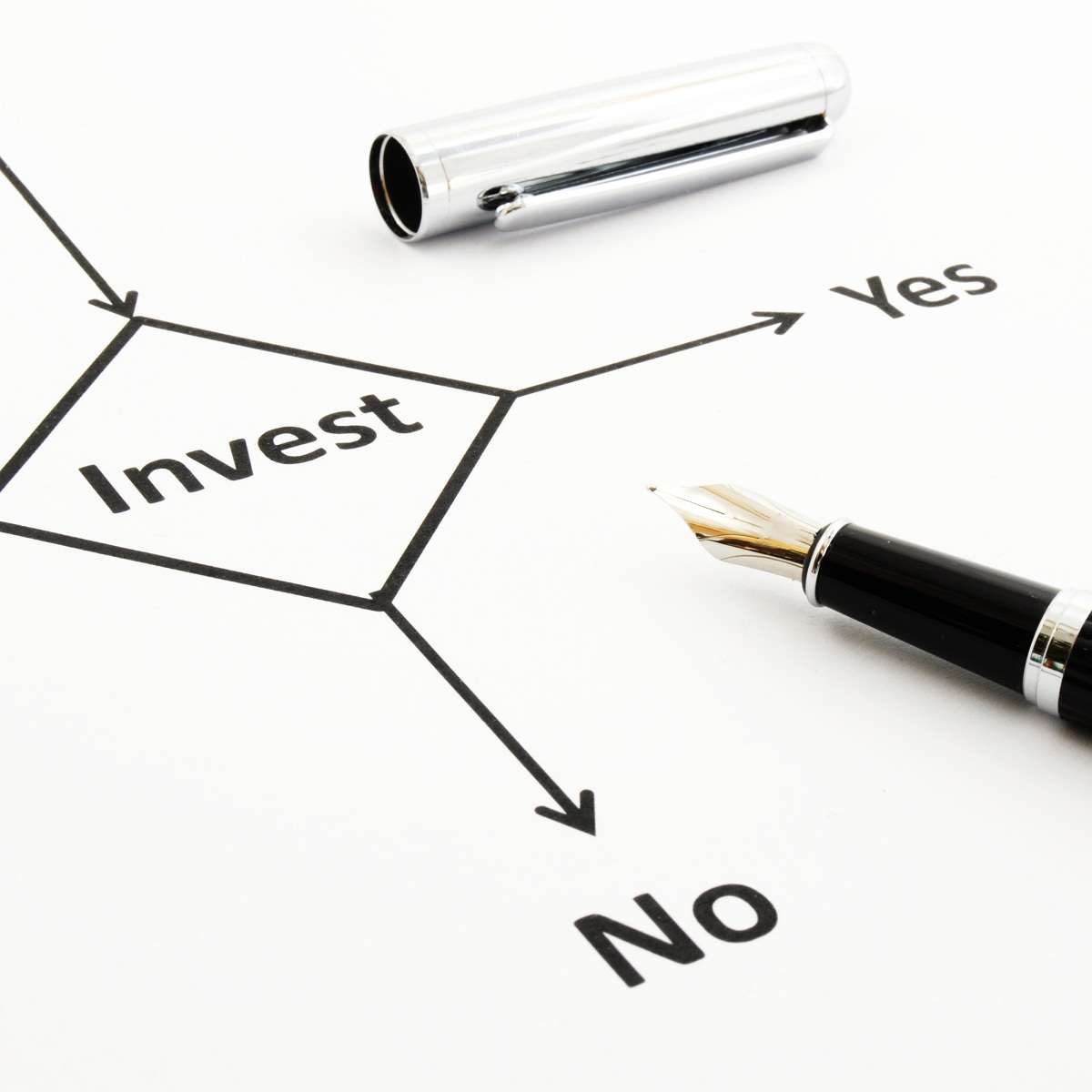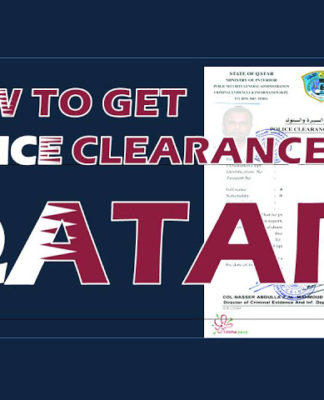The Best Investment for 2015
Sometimes the best investment is safe investments and 2015 might be one of those times. First, let’s look at your investment options. Then, we’ll focus on finding the best safe investments for 2015 and beyond.
Since early 2009 stocks and stock funds have been the best investment options. The past six years have often been referred to as “the stock market that nobody loves”, yet with the approach of 2015 the stock market continued to reach new all-time highs. Stocks are not cheap, but there are two sectors that might be interesting: oil stocks and natural resources funds (if oil prices get even cheaper); and gold stocks and funds (if gold gets cheaper). Neither are safe investments, but there could be opportunity if oil or gold truly get cheap.
At this point in time any bad economic or political news could trigger a reversal in stocks in 2015 or 2016. The risk vs. potential rewards suggests that stocks and diversified stock funds are no longer the best investment options. Now, let’s look at the flip side of the coin: bonds and bond funds. Historically, when the stock market tanks investors flock to bonds, which sends bond prices higher. Many investors see bonds and bond funds as their best safe investment options.
The problem here is that bonds and bond fund prices are near record highs as interest rates remain historically and ridiculously low. The problem: when rates climb significantly bonds and bond funds fall in price and investors LOSE money. Higher interest rates make existing bond issues and portfolios (like bond funds) less attractive. Looking at 2015 and beyond, bonds and bond funds are not likely to be your best investment options or even your best safe investments when rates threaten to go up.
In fact they never were truly safe. They just looked safe because interest rates have basically been on a downward trend since 1981, which sent bond prices higher and gave investors good returns. Now, the question is: where do you find the best safe investments (that pay interest) when you’re lucky if you can get 1% at the bank and even less in the money market?
The best safe investments might be staring you right in the face. If you have a retirement plan where you work (like a 401k or 401a) one of your options might be a stable or “guaranteed” fund. You might be able to lock in 4% or more for a specified period of time. If you have an older “universal life” insurance contract you may be able to add money to it at a “guaranteed” minimum interest rate of 3%, 4% or more. The same could apply if you hold an older retirement annuity contract. Returns like this might not excite you, but compared to stocks and bonds they could be the best investment options on the horizon.
If interest rates increase significantly across the board (both long-term and short-term rates) and you need quick access to your cash, the good old money market mutual fund could be one of the best safe investments. As rates go up, their dividends automatically adjust upward as well. They are not “insured” by the federal government, but many hold short-term government securities (T-bills) which are considered to be one of the truly safe investments in the world.
In normal times the issue of finding your best investment options focuses on stocks vs. bonds. I’m not alone when I fear that these are not normal times. We (and much of the rest of the world) have lowered interest rates to stimulate our economy and support our markets. There’s not much room to lower rates further in the future. That’s why I suggest that the best safe investments could possibly be the best investment options available for 2015 and beyond. When the dust settles, the debate over whether stocks or bonds are the best investment will likely take center stage again.
A retired financial planner, author James Leitz has an MBA (finance) and over 40 years of investing experience. His complete investor guide for beginners, Invest Informed, teaches everything you need to know to put your money to work. Review his book, INVEST INFORMED at http://www.Amazon.com.
Article Source: http://EzineArticles.com/?expert=James_Leitz
Article Source: http://EzineArticles.com/8835449


































